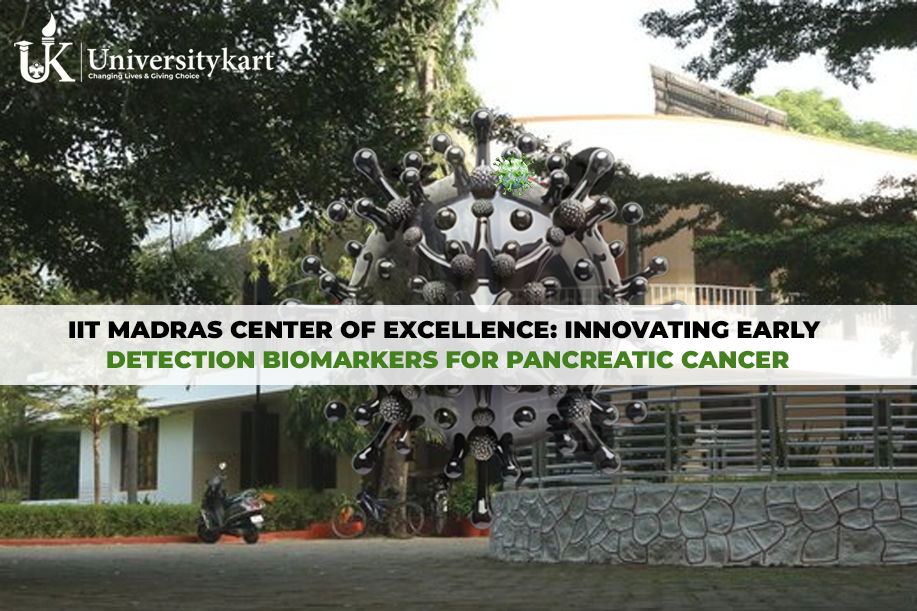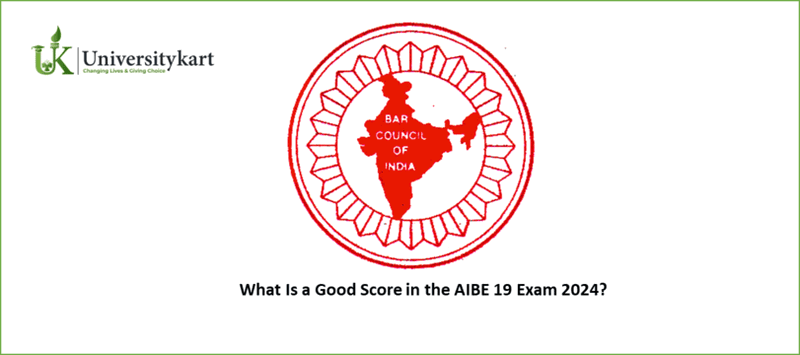
In New Delhi, IIT Madras has recently launched a groundbreaking "Center of Excellence on Cancer Genomics and Molecular Therapeutics." This center is dedicated to conducting research aimed at creating biomarkers that can detect pancreatic cancer at an early stage. The initiative by IIT Madras is anticipated to aggregate sequence data, contributing to the construction of a specialized cancer genome database for India.
This research is critical for identifying and progressing biomarkers that are crucial for the early detection and understanding of how drugs respond. The information derived from this endeavor could also significantly aid in identifying drug targets for innovative therapeutic strategies. Pancreatic Cancer (PDAC) currently ranks as the fourth leading cause of cancer-related deaths globally, and projections suggest it may rise to the second position within the next decade.
Due to the lack of Indian-specific cancer genome data, current studies heavily rely on information derived from Western populations. Consequently, the survival rate for cancer patients in India remains considerably lower compared to that in Western societies, primarily due to the inherent genomic diversity. In the context of advancing research, S Mahalingam, the principal investigator from the Department of Biotechnology at IIT Madras, further elaborated that the identified biomarkers from the ongoing research will be instrumental in developing real-time quantitative PCR (RT-qPCR) and sequencing-based early diagnostic kits.
Due to the lack of Indian-specific cancer genome data, current studies heavily rely on information derived from Western populations. Consequently, the survival rate for cancer patients in India remains considerably lower compared to that in Western societies, primarily due to the inherent genomic diversity.
In the context of advancing research, S Mahalingam, the principal investigator from the Department of Biotechnology at IIT Madras, further elaborated that the identified biomarkers from the ongoing research will be instrumental in developing real-time quantitative PCR (RT-qPCR) and sequencing-based early diagnostic kits.
In the context of advancing research, S Mahalingam, the principal investigator from the Department of Biotechnology at IIT Madras, further elaborated that the identified biomarkers from the ongoing research will be instrumental in developing real-time quantitative PCR (RT-qPCR) and sequencing-based early diagnostic kits.
Furthermore, these identified targets for drugs will play a crucial role in the advancement of customized and pioneering anti-cancer treatments specifically designed for pancreatic cancer.
He also emphasized that the preclinical models of cancer will provide invaluable perspectives for the screening of drugs and a deeper comprehension of cancer pathogenesis in living organisms. The successful development of an organoid will facilitate efficient and rapid cancer drug screening. Additionally, there are plans to extend a similar strategy to tackle other prevalent forms of cancer in India. This, in turn, will pave the way for the establishment of a startup company dedicated to cancer therapeutics and diagnostics, he disclosed.
The IIT Madras Center of Excellence
has set its primary focus on the development of a non-invasive biomarker gene panel. This panel aims to enable early diagnosis, continuous disease monitoring, tracking of disease progression, and evaluating responses to treatments.
Additionally, the center is dedicated to establishing a preclinical 3D organoid model. This model will serve as a crucial tool for monitoring diseases and screening drugs, especially for tailoring personalized cancer treatments.
The collaborative nature of the Center of Excellence involves experts from various fields such as cancer biology, bioengineering, computational biology, and clinical practice. It represents one of the pioneering interdisciplinary efforts in India.
This high level of collaboration is seen as essential for making significant strides in enhancing healthcare infrastructure in India, not only for cancer treatment but also for broader healthcare improvements.
The Center of Excellence (CoE) aims to extend its expertise and technical support to the scientific community, particularly in its research endeavors spanning various areas. These areas primarily include identifying cancer-specific biomarkers and transitioning drug discovery and development from laboratory research to an industrial scale. Moreover, the CoE has established a collaborative partnership with Dr. Daniel Murphy from the Cancer Research UK-Beatson Institute in the UK. This collaboration is focused on investigating cancer pathogenesis, identifying novel drug targets, and developing animal models to gain insights into cancer pathogenesis.
Read more
IIM Ahmedabad Admission 2024: Fees, Cutoff, and Selection Criteria Revealed
NCTE Unveils 4-Year Integrated Teacher Education Program as B.Ed Alternative
Register Now To Apply
Get details and latest updates
Trending Articles
View All-
Is JEE Main 2025 Syllabus Reduced? Check Latest Updates
Jan, 07, 2025 Read More -
UK Board Date Sheet 2025 Out: Check Uttarakhand Class 10 & 12 Exam Dates
Jan, 06, 2025 Read More -
What Is a Good Score in the AIBE 19 Exam 2024?
Dec, 31, 2024 Read More -
CBSE Date Sheet 2025 Class 10th & 12th Released: Download Now
Dec, 30, 2024 Read More -
TBSE 12th Exam Time Table 2025 Out: Get Full Details Here
Dec, 24, 2024 Read More -
TBSE 10th Exam Time Table 2025 Out: Get Full Details Here
Dec, 24, 2024 Read More -
GATE 2025 Exam Dates Out by IIT Roorkee: Subject-Wise Schedule Available
Dec, 23, 2024 Read More -
UPMSP 2025 Exam Schedule OUT: Download Class 10 & 12 Time Table
Dec, 13, 2024 Read More -
UK Board Date Sheet 2025 Out: Check Uttarakhand Class 10, 12 Exam Dates
Dec, 12, 2024 Read More -
Top 10 Indian Colleges in QS World University Sustainability Rankings 2025
Dec, 12, 2024 Read More
Trending News
View All-
FMGE December 2024 एडमिट कार्ड जारी, आज से डाउनलोड करें, 12 जनवरी को परीक्षा
Jan, 09, 2025 Read More -
PSEB 10th, 12th Date Sheet 2025 OUT: Download Datesheet Here
Jan, 09, 2025 Read More -
When will AP ICET 2025 Registration Start? Check Expected Exam Dates
Jan, 09, 2025 Read More -
UGC NET 2024 January 10 Admit Card Now Available
Jan, 09, 2025 Read More -
Missed SNAP Cutoff? NMAT Additional Registration Until Jan 10, Exam on Jan 13
Jan, 09, 2025 Read More -
CUET PG 2025: List of BEd Courses Offered by University of Delhi
Jan, 09, 2025 Read More -
UGC NET 2024 Admit Card Expected Soon for January 10 & 15 Exams
Jan, 08, 2025 Read More -
NIFT 2025 रजिस्ट्रेशन 9 जनवरी तक, विलंब शुल्क के साथ आवेदन प्रक्रिया शुरू
Jan, 08, 2025 Read More -
MAHA TET Result 2024 Expected Soon: Download Here
Jan, 08, 2025 Read More -
SEED 2025 Admit Card Released for B.Des: Download Now
Jan, 08, 2025 Read More











 back
back